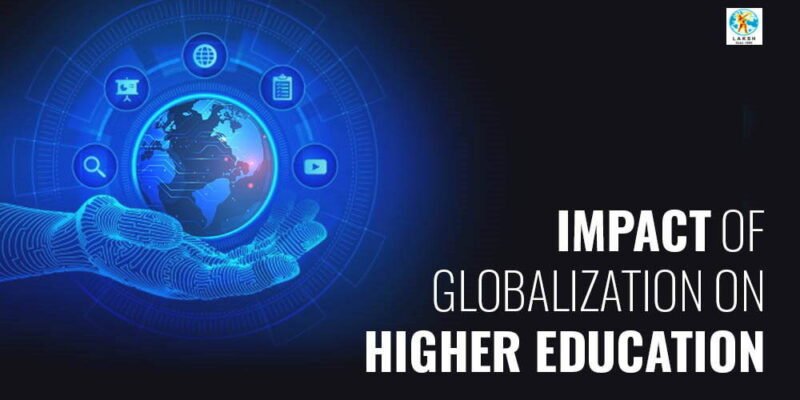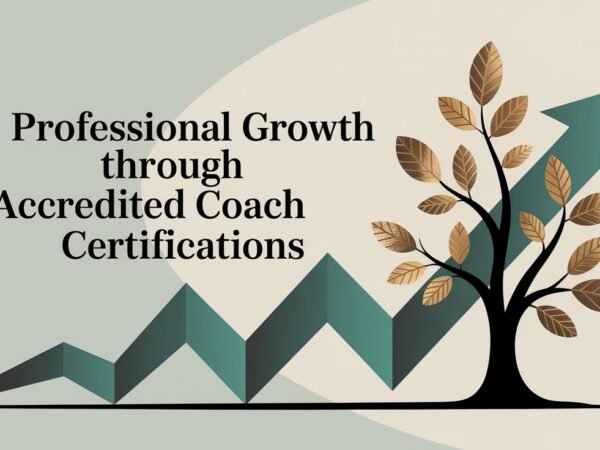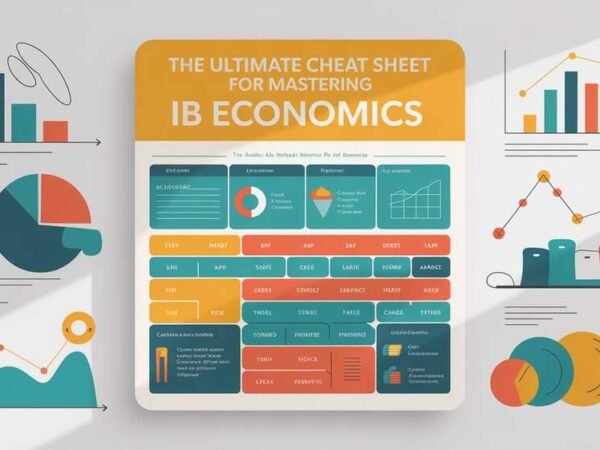Globalization has transformed the whole landscape of higher education systems, creating an interplay between complex opportunities and challenges that institutions have had to navigate. As the global village becomes more interconnected, universities and colleges have to respond to changing realities demanding the adaptation of new realities in teaching, learning, and research. This blog focuses on the multilateral impact of globalization on higher education systems, emphasizing more positives of international collaboration and diverse experience learning while simultaneously discussing the challenge brought about by the erosion of cultures and the uneven opportunities for educational resources.
Opportunities for International Collaboration
Perhaps globalization’s greatest gift to higher education is the increased possibility of international cooperation. The possibilities of partnerships, joint research projects, and exchange programs that cross geographical borders are now more feasible for universities. Such opportunities for collaboration with other academic communities only broaden educational experiences as students and faculty alike learn to appreciate different perspectives, understand cross-cultural relations, and widen intellectual horizons.
Scholars can participate in foreign educational programs, which helps them explore diverse cultures, languages, and academic approaches. These exclusive experiences contribute toward personal development and provide students with a competitive edge in the form of intercultural competence, a much-needed virtue in today’s global workforce. The development of online education portals that enable students to take courses offered by the best universities worldwide is an emerging trend in education.
Digitalization of Education
The digital age has completely transformed access to the academic realm. Online learning platforms, open educational resources (OERs), and massive open online courses (MOOCs) have ensured that students from across the world have access to quality learning resources and opportunities.
However, with students flooding online schools, some might feel overwhelmed by the demands of self-study. It is here that Online Accounting Class Help Services become essential. Any student who needs online class help can pay to have someone take their online class, ensuring that their stay in college was not just a waste of time but rather effective time management. Services like these prove how easy it is to get support and, therefore, focus on complex study courses without compromising academic performance.
Internationalizing Higher Education
Globalization can also be said to have prompted the internationalization of higher education. Academic forums have embraced diversity and inclusion by accepting international students and faculty and integrating global perspectives into syllabuses. This approach not only enriches the educational experience but also prepares students to navigate an interconnected world by promoting good citizenship in the global sphere and equipping graduates with skills needed to thrive in different cultural and professional circumstances.
This teaching method is relevant and widespread because globalization continually changes higher education. The students learn about multinational operations and get a 360-degree view of the global business environment. The integration leads to active participation, enabling students to contribute meaningfully to the worldwide economy.
Global Integration Amidst Challenges
Despite the many opportunities globalization opens up, higher education faces great challenges. Perhaps one of them is that it worsens the existing disparities in access to educational resources. Digital technologies democratize access to education but can exclude those without access to reliable internet connectivity or adequate technological infrastructure. Such a division can easily make the gap between privileged and marginalized communities even wider; therefore, opportunities for many students are unfortunately limited.
Another area of concern is cultural degradation. The increasing embracing of universalism in universities may be incompatible with the further adverse effects of cultural drift and the loss of local culture or traditions. Institutions should seek to balance support for diversity and inclusivity with the need to maintain scholarly integrity and ensure equal access to education for all.
Role of Technology in Education
The COVID-19 pandemic accelerated online teaching-learning, a process that requires a transformation in teaching strategies within a short period. Many teachers found the potential to upgrade academic practices using technology during this transition from face-to-face learning to a digital platform. Following this change, mixed models have appeared that can offer a combination of traditional and online approaches to provide students with more flexibility and resources.
This swift transition to online education has also exposed the void of teachers in developing technological competencies. A few of them may have been more adept at using digital tools, but the pandemic taught them how to learn these online platforms successfully. This new competency unlocked ways for educational improvement as it let teachers tap into the potential of technology and create better learning conditions.
Conclusion
In general, globalization has shaken the higher education systems to their core. It has enriched learning experiences by opening doors to global academic collaboration, but challenges regarding cultural loss, unequal resource integration, and commercialization pressure stand as huge obstacles.
Attainment of such complexities will require similar access to university education combined with academic integrity. Once the cooperative and negative aspects of globalization have been capitalized on, institutions of higher education can attain their mission of enlightening society through disseminating knowledge, perception, and student preparation for success in an interdependent world.
For the learners in this new generation of learning, there is something like an online help service to help them learn better. Do you require someone to pay someone to take my online class or help master complex matters? These services will make you succeed in your academic journey amidst globalization.
Do Read: 10 Ways Students Can Use Technology to Boost Their Study Skills













